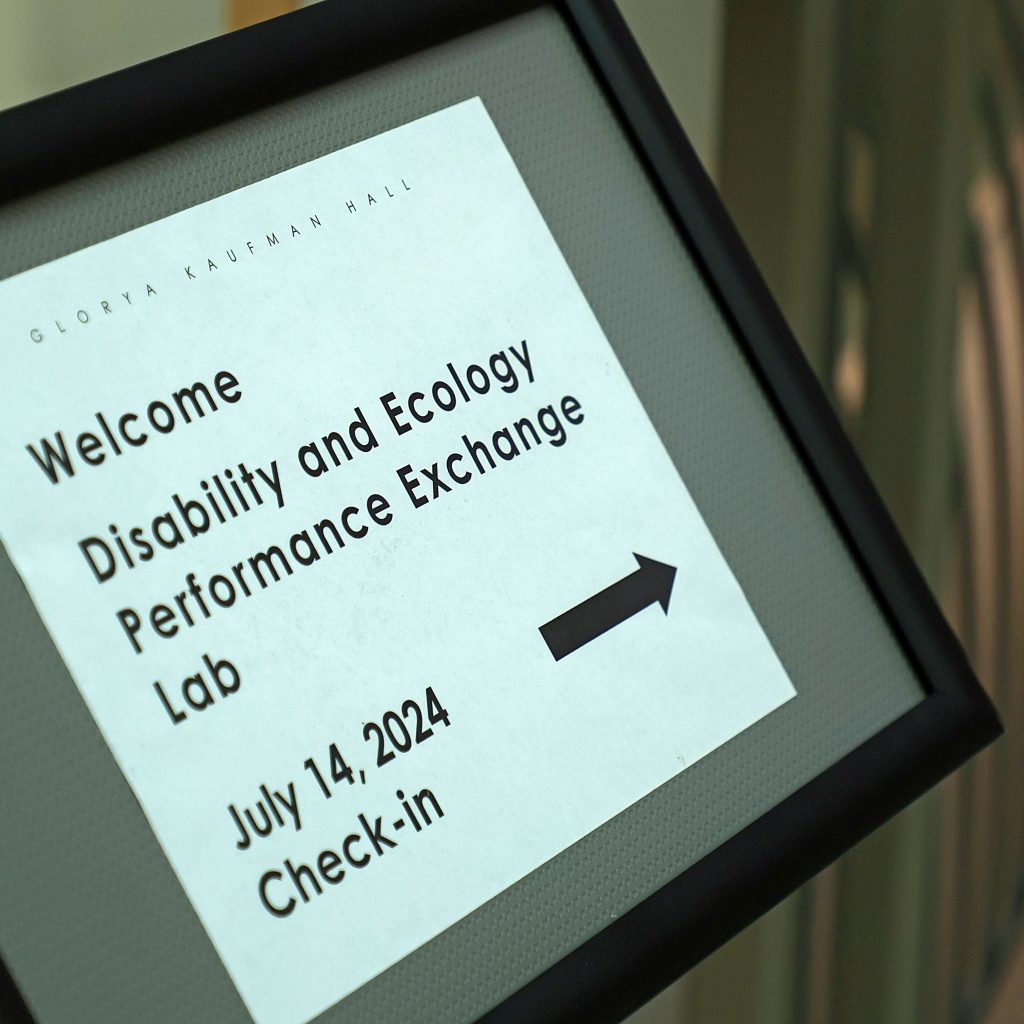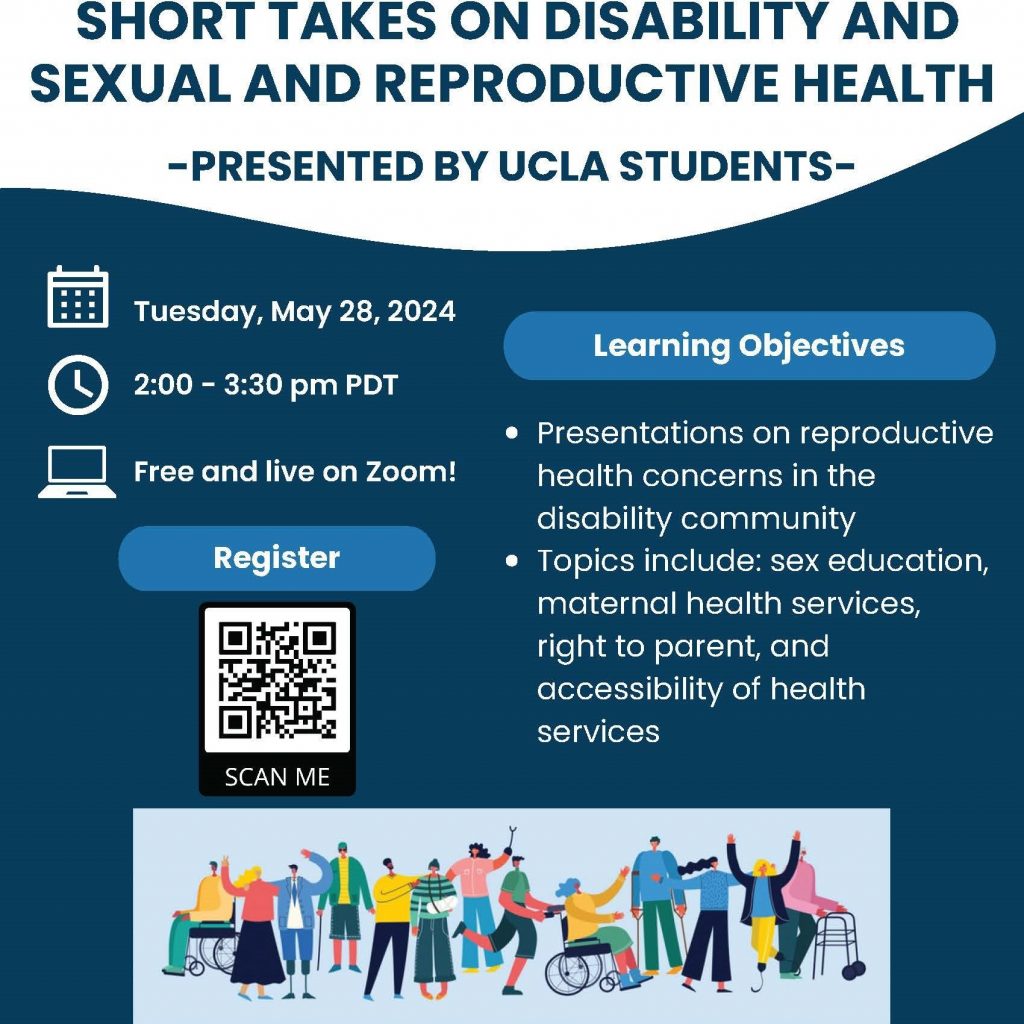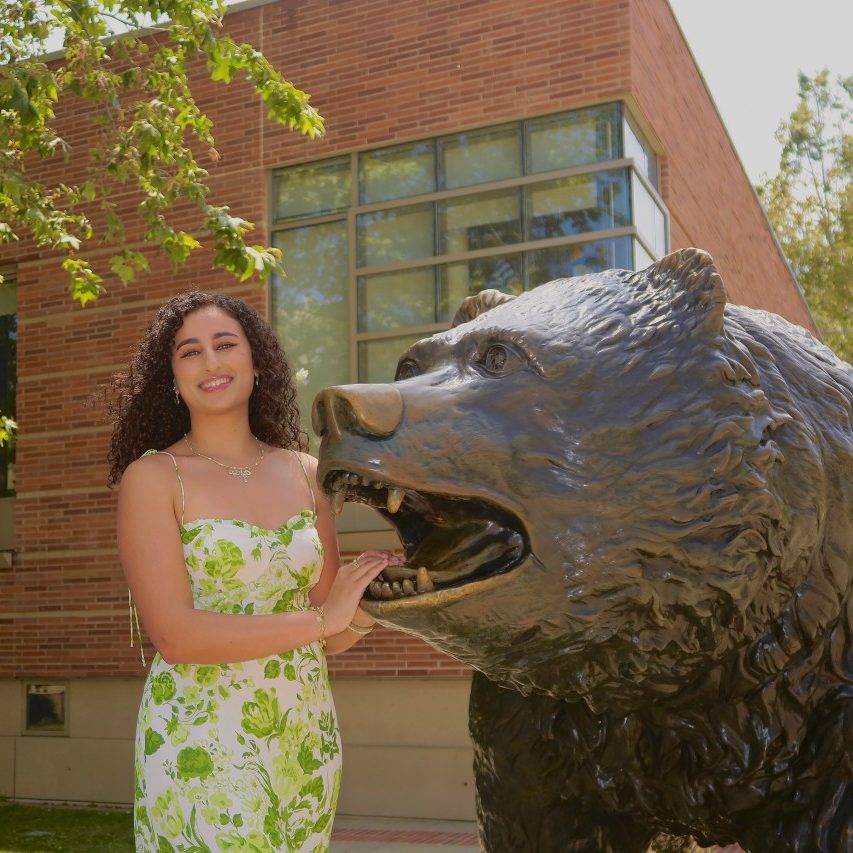The UCLA Office of Equity, Diversity, and Inclusion (EDI), the EDI Civil Rights Office, and the ADA/Section 504 Compliance Unit hosted an illuminating panel discussion to explore the impact of Section 504 on the 50th anniversary of the 1973 Rehabilitation Act. Speakers included Christine Park-Gonzalez (District Director, U.S. Equal Employment Opportunity Commission (EEOC)), Professor Fernando Torres-Gil (Professor Emeritus, UCLA), and Michael Garafola (Adaptive Sports and Recreation Coordinator, UCLA).
In his opening remarks, Assistant Vice Chancellor Chandra Bhatnagar highlighted the historical significance of Section 504 and the pivotal role played by Judy Heumann, a civil rights titan who spent her life fighting for equity and dignity for people with disabilities. Heumann, along with fellow disability rights activists, led a 28-day sit-in protest in San Francisco to advocate for increased accessibility and accommodations for people with disabilities.
Section 504 is a landmark piece of legislation that prohibits discrimination on the basis of disability, meaning that no individuals with a disability can be excluded from programs and activities that receive federal funding. It also requires reasonable accommodations that ensure equal access and opportunities for individuals with disabilities, serving as a cornerstone for the broader disability rights movement in the U.S.
For Professor Torres-Gil and Garafola, both of whom identify as having a disability, Section 504 and the ADA provided a safe space in the workforce to request accommodations for wheelchair access and flexible work schedules. This legislation has also opened doors to continued conversations about disability that extend beyond employment. As the former Vice Chair of the National Council on Disability, Professor Torres-Gil expressed that in the future, he hopes the disability rights movement will seek to incorporate younger generations into disability advocacy in parallel with the senior citizens’ rights movement, as both younger and older persons with disabilities require the same rights.
Meanwhile, Garafola believes “having a basketball court and equipment in place is not enough. We need more programs that actually break down barriers to playing…” Garafola’s vision for the future is to expand sports at UCLA to allow for disabled student athletes to play competitively at the university and professional level.
As a student minoring in disability studies and an ally with the disabled community, this comment strongly resonated with me. A key topic of discussion in many of the UCLA disability studies classes is often on how individuals with disabilities can be better included in employment, academic, and community spaces. However, Garafola’s comment draws an important distinction between inclusion and integration, not only within competitive adaptive sports contexts but also in the broader scope of campus-wide initiatives. It underscores the need for a societal shift that goes beyond performative action. While it is important to have accessible spaces created for individuals with disabilities, it is also crucial that these individuals are a part of the design and execution process. At UCLA, we must wholeheartedly embrace the principle of “nothing about us, without us,” where students with disabilities and their allies are able to collaborate with faculty and administrators to ensure that UCLA is continually engaged with the evolving landscape of access and inclusion.
Additional Resources:
Information on Section 504
https://www.hhs.gov/sites/default/files/ocr/civilrights/resources/factsheets/504.pdf
Douglas Martin’s Work on Section 504
https://dslabs.ucla.edu/douglas-doug-a-martin-73-b-a-and-m-a-75-ph-d/
504 Sit-In Image Credits
https://www.nytimes.com/2020/07/22/us/504-sit-in-disability-rights.html
https://www.atlasobscura.com/articles/504-sit-in-san-francisco-1977-disability-rights-advocacy



